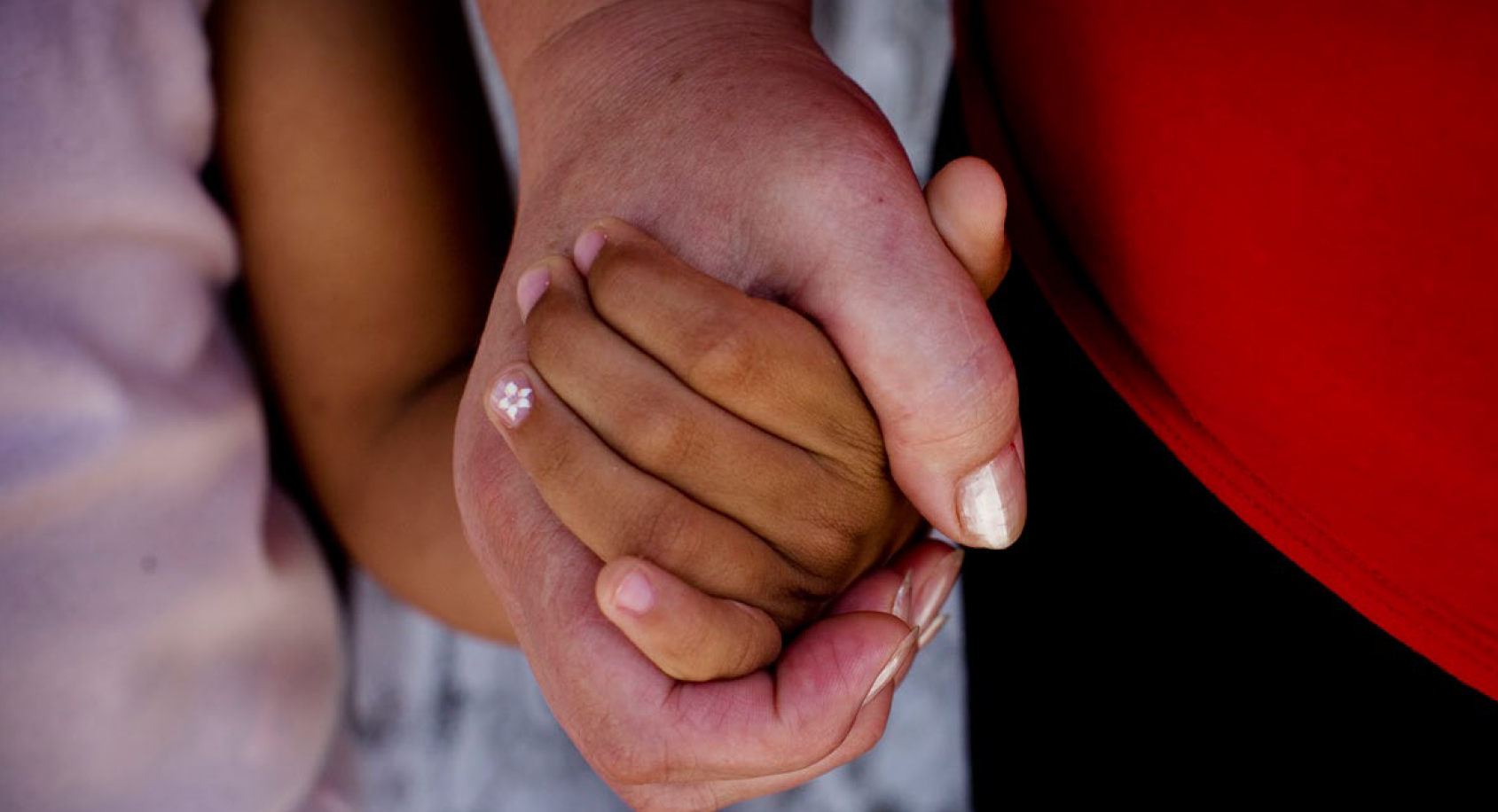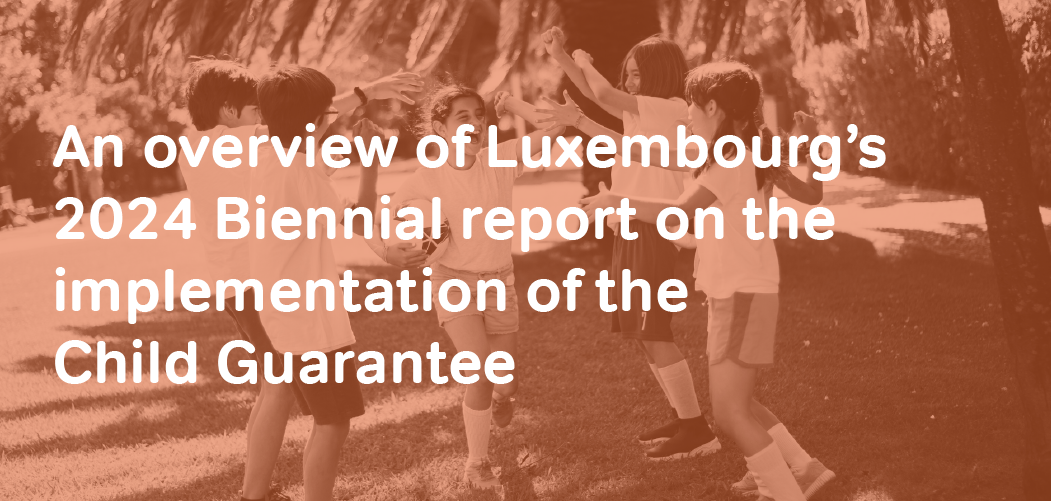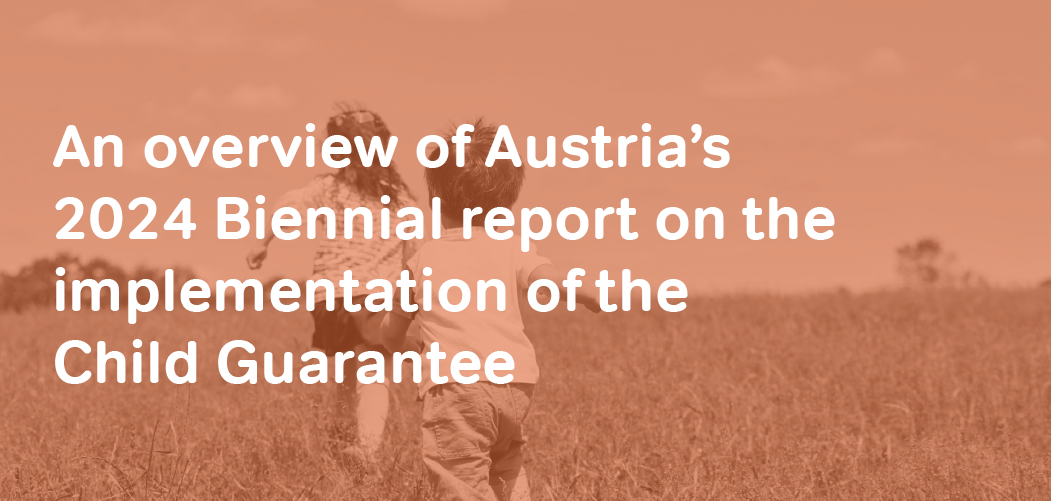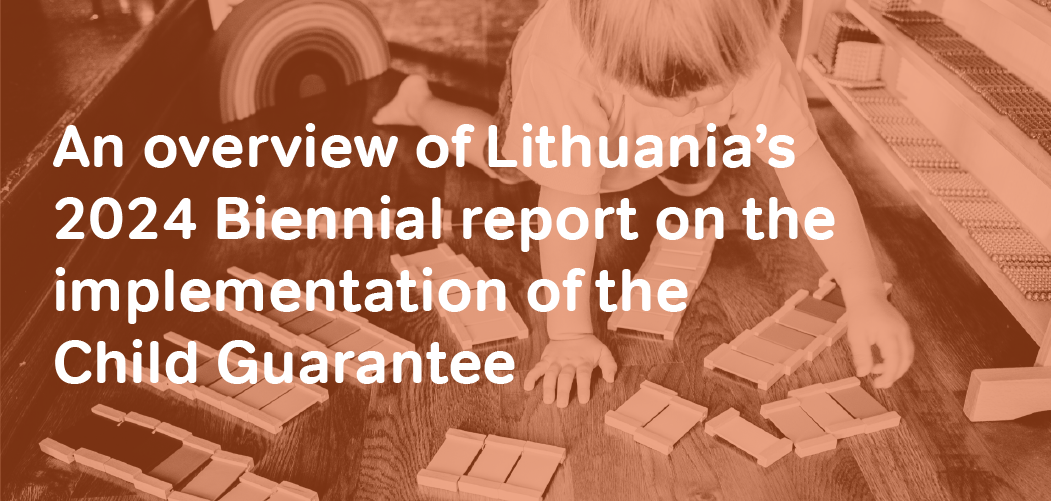Children in alternative care in the Child Guarantee National Action Plans
A summative analysis - Policy Brief #2 on Findings and Recommendations From the Datacare Project
Since 2000, there has been a firm commitment by the European Union and its Member States to the deinstitutionalisation of children in institutional care and support for their transition to care that is family- and community-based. The European Child Guarantee is the first dedicated EU tool for policy and funding to tackle child poverty and social exclusion by identifying the most disadvantaged groups of children and ensuring their free and effective access to essential services.
Despite the lack of comparable indicators, the DataCare project, a joint initiative of Eurochild and UNICEF’s Europe and Central Asia Regional Office (ECARO), demonstrates that all surveyed countries in Europe collect data on children in alternative care.
Countries in Europe are encouraged to develop comprehensive monitoring and evaluation frameworks for children in alternative care and strengthen their alternative care information systems to close data gaps and improve data quality and comparability over time.
There is also a need for countries to better understand:
- the profile of the children who are at risk of being placed in care and of the children in alternative care;
- the necessity of alternative care placements including the effectiveness of prevention and family support measures;
- the suitability and quality of alternative care provision;
- the success of reunification and reintegration efforts;
- the safe transitioning of children in care to adulthood and independent living; and
- the outcomes of policy implementation for the concerned children.





